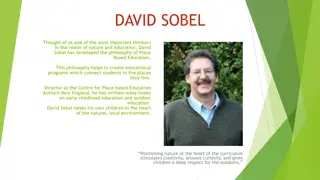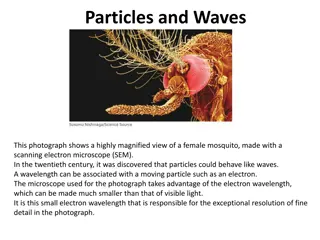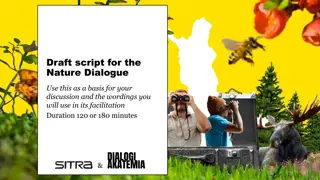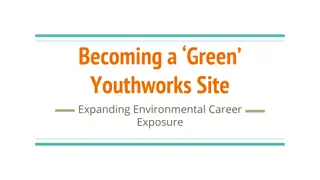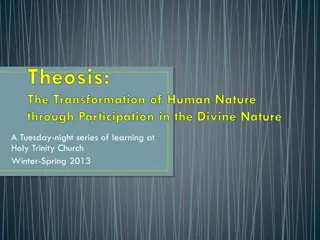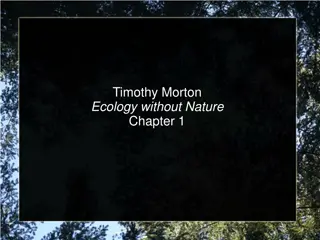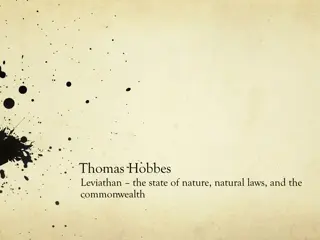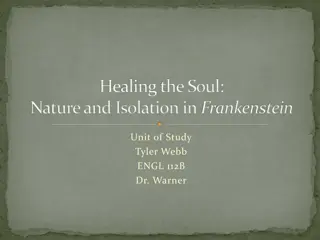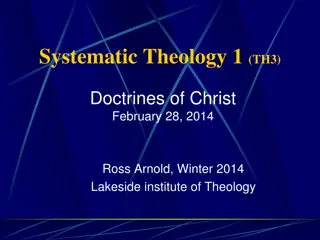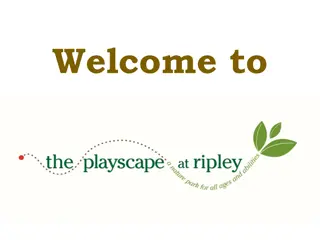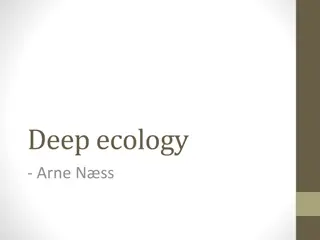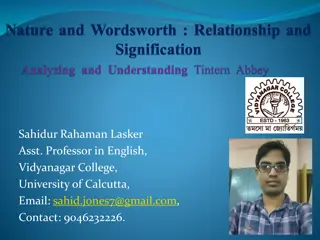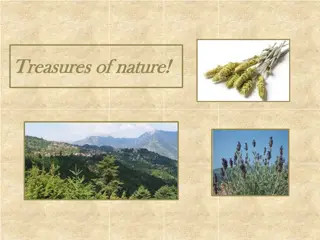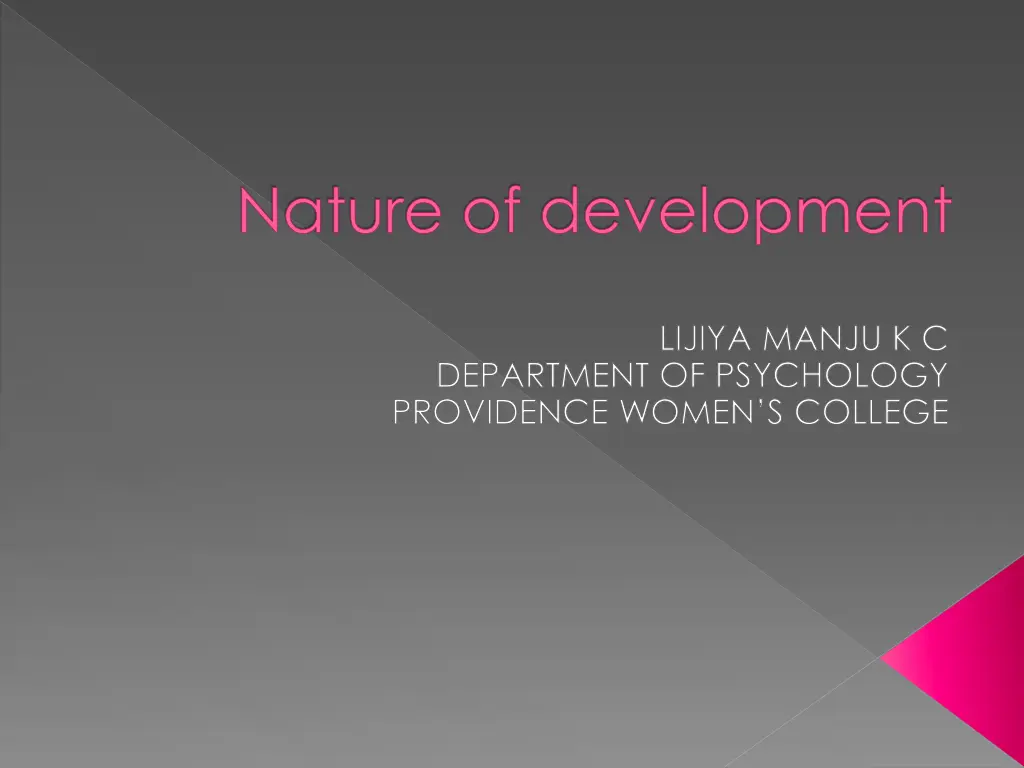
Understanding Development Processes
Explore the complexity of development through biological, cognitive, and socio-emotional processes. Learn how genes, cognitive abilities, emotions, and relationships shape individual growth and interconnectedness. Discover the intricate interplay of nature and nurture in human development.
Download Presentation

Please find below an Image/Link to download the presentation.
The content on the website is provided AS IS for your information and personal use only. It may not be sold, licensed, or shared on other websites without obtaining consent from the author. If you encounter any issues during the download, it is possible that the publisher has removed the file from their server.
You are allowed to download the files provided on this website for personal or commercial use, subject to the condition that they are used lawfully. All files are the property of their respective owners.
The content on the website is provided AS IS for your information and personal use only. It may not be sold, licensed, or shared on other websites without obtaining consent from the author.
E N D
Presentation Transcript
Nature of development LIJIYA MANJU K C DEPARTMENT OF PSYCHOLOGY PROVIDENCE WOMEN S COLLEGE
BIOLOGICAL, COGNITIVE, ANDSOCIOEMOTIONAL PROCESSES The development pattern is complex because it is the product of biological, cognitive, and socio-emotional processes Biological Processes: Biological processes produce changes in an individual s physical nature. Genes inherited from parents, the development of the brain, height and weight gains, changes in motor skills, nutrition, exercise, the hormonal changes of puberty, and cardiovascular decline are all examples of biological processes that affect development.
Cognitive Processes: Cognitive processes refer to changes in the individual s thought, intelligence, and language. Watching a colorful mobile swinging above the crib, putting together a two-word sentence, memorizing a poem, imagining what it would be like to be a movie star, and solving a crossword puzzle all involve cognitive processes.
Socio-emotional Processes: Socio-emotional processes involve changes in the individual s relationships with other people, changes in emotions, and changes in personality. An infant s smile in response to a parent s touch, a toddler s aggressive attack on a playmate, a school-age child s development of assertiveness, an adolescent s joy at the senior prom, and the affection of an elderly couple all reflect the role of socio-emotional processes in development.
Connecting Biological, Cognitive, and Socio- emotional Processes Biological, cognitive, and socio-emotional processes are inextricably intertwined (Diamond, 2009). Consider a baby smiling in response to a parent s touch. This response depends on biological processes (the physical nature of touch and responsiveness to it), cognitive processes (the ability to understand intentional acts), and socio-emotional processes (the act of smiling that often reflects a positive emotional feeling and helps to connect us in positive ways with other human beings).

